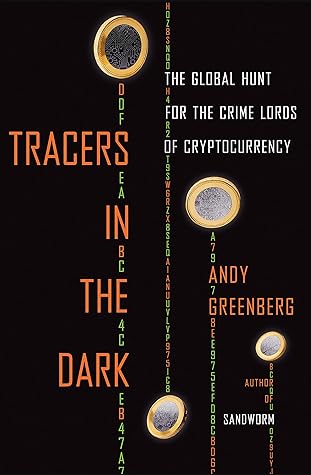The Bitcoin network stored thousands of copies of a distributed accounting ledger on computers around the world—a ledger known as the blockchain. Many of Bitcoin’s advocates seemed to believe that because no bank or government was necessary for Bitcoin’s operation, no institution could control its payments or identify its users. Transactions flowed from one address to another, with none of the names or other personal details that a bank or payment service like PayPal might collect.
Welcome back. Just a moment while we sign you in to your Goodreads account.


